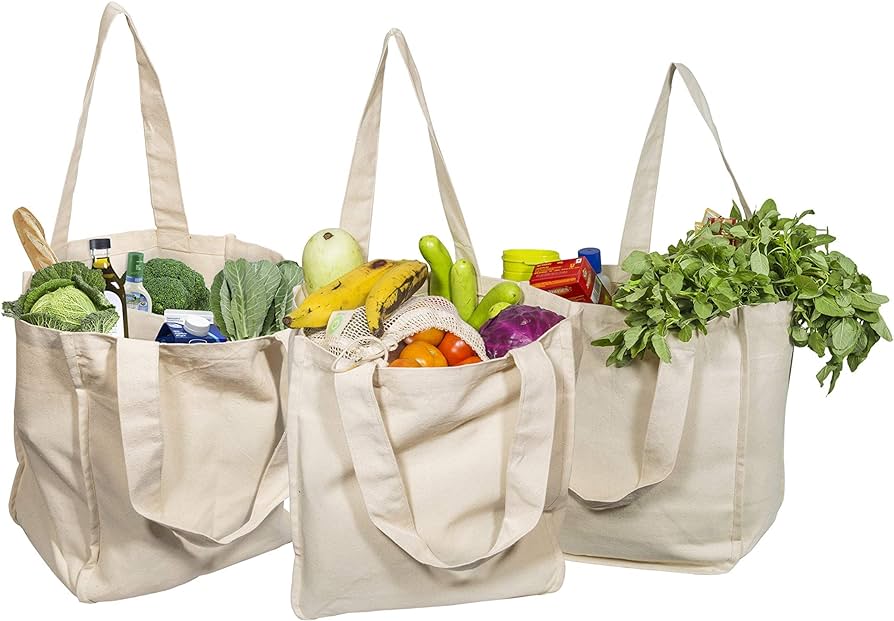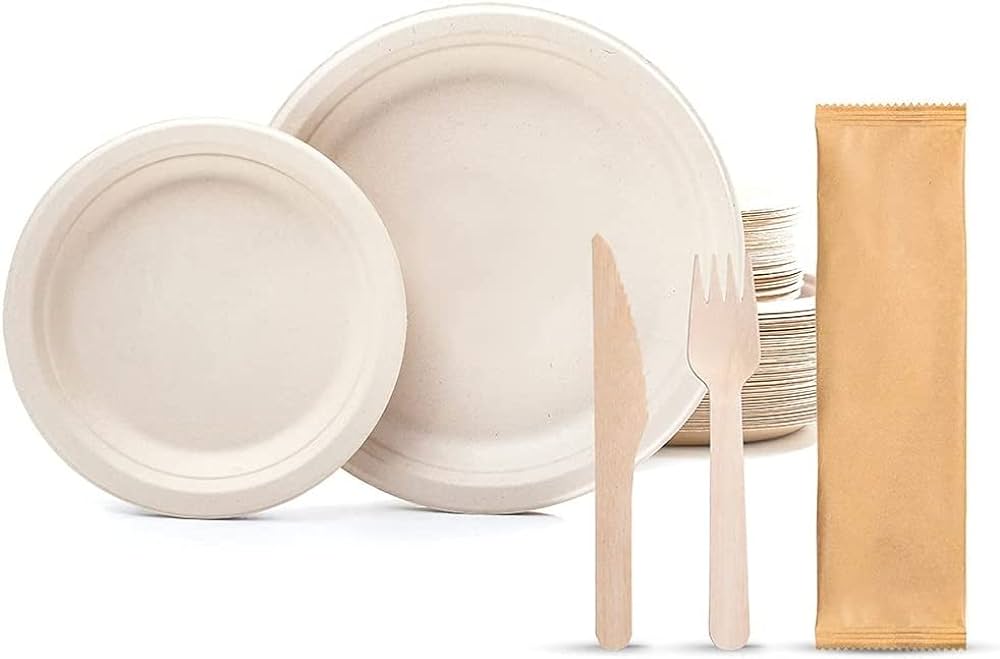
Welcome to the world of zero waste living, where recycling becomes second nature and sustainability is the ultimate goal.
In this article, we will unveil seven secrets that will skyrocket your journey towards a waste-free lifestyle.
From embracing reusable products to adopting composting practices, we will provide practical and concise tips to help you reduce consumption and make a positive impact on the environment.
Get ready to embark on a path of conscious living and discover the freedom that comes with living a zero waste lifestyle.
Reusable Products
The utilization of reusable products is essential for achieving a zero waste lifestyle. When it comes to sustainable fashion, opting for clothing made from eco-friendly materials and investing in timeless pieces that can be worn for years to come is key. By choosing quality over quantity, we reduce the amount of waste generated from fast fashion trends.
Additionally, embracing a zero waste kitchen involves using alternatives to single-use items. This includes replacing plastic wrap with beeswax wraps, using reusable cloth bags for grocery shopping, and investing in glass or stainless steel containers for storing leftovers. These small changes can make a significant impact on reducing our carbon footprint and minimizing the amount of waste that ends up in landfills.
Composting
Implementing composting practices is a crucial step towards achieving a zero waste lifestyle. Composting is the process of decomposing organic waste, such as food scraps and yard trimmings, into nutrient-rich soil. By diverting organic waste from landfills, composting reduces greenhouse gas emissions and helps create a circular economy.

There are various composting techniques to choose from, including traditional outdoor composting, vermicomposting with worms, and indoor composting with bokashi bins. Each technique has its own requirements and benefits, so it's important to find one that suits your lifestyle and space constraints.
The benefits of composting are numerous. It enriches soil, improves plant growth, and reduces the need for chemical fertilizers. Composting also helps conserve water and prevents soil erosion.
Recycling
Recycling plays a crucial role in preserving the environment by reducing waste and conserving resources.
To make recycling more effective, it's important to follow certain tips such as properly sorting materials, rinsing containers, and avoiding contamination.
Understanding the importance of recycling and implementing these practices can significantly contribute to a zero waste lifestyle and a healthier planet.
Recycling Benefits Environment
By actively participating in the recycling process, individuals contribute to the preservation and restoration of the environment. Recycling initiatives and programs play a crucial role in reducing waste, conserving natural resources, and minimizing pollution.
Recycling helps to conserve energy by reducing the need for extracting, refining, and processing raw materials. It also helps to mitigate greenhouse gas emissions, as recycling produces fewer emissions compared to manufacturing new products from virgin materials.

Additionally, recycling reduces the pressure on landfills, preventing the release of harmful substances into soil and water sources. By embracing recycling as a lifestyle choice, individuals can make a significant impact on the environment, promoting sustainability and working towards a cleaner and greener future.
Tips for Effective Recycling
Continuing our exploration of recycling benefits for the environment, it is essential to establish effective recycling practices as a regular habit in order to maximize our impact. Developing good recycling habits is crucial for reducing waste and promoting sustainability. Here are some practical tips for effective recycling:
- Understand recycling guidelines: Familiarize yourself with the recycling guidelines in your area. Different materials may have specific recycling requirements.
- Separate recyclables: Sort your recyclables into separate bins for paper, plastic, glass, and metal. This makes it easier for recycling facilities to process the materials.
- Clean and dry items: Rinse out containers to remove any food residue and make sure they are dry before recycling. Contaminated items can lead to the rejection of an entire batch.
- Remove non-recyclables: Check for non-recyclable items and remove them from your recycling bin. These items can contaminate the recycling process.
Importance of Recycling
Understanding the importance of recycling is crucial for promoting sustainable practices and minimizing waste. Recycling plays a vital role in waste management strategies by reducing the amount of waste sent to landfills and conserving natural resources. It helps to conserve energy, reduce greenhouse gas emissions, and protect the environment.
By recycling materials such as paper, plastic, glass, and metal, we can save trees, reduce pollution, and decrease the demand for raw materials. Additionally, recycling creates employment opportunities and stimulates economic growth.
However, the importance of education cannot be overlooked. It is essential to educate individuals, communities, and businesses about the benefits of recycling and provide them with the necessary tools and resources to participate effectively.
Reducing Consumption
A key step towards achieving zero waste living is implementing a reduction in consumption. By adopting a minimalist lifestyle, individuals can focus on buying only what they truly need, reducing waste and saving money in the process.
Additionally, embracing sustainable fashion can have a significant impact on reducing consumption. This involves choosing clothing made from eco-friendly materials, supporting ethical and fair trade practices, and opting for timeless pieces that can be worn for years to come. By reducing the demand for fast fashion and supporting sustainable alternatives, individuals can contribute to the preservation of resources and minimize the environmental impact of the fashion industry.

Taking these steps towards reducing consumption is not only practical but also empowers individuals to live a more conscious and sustainable lifestyle.
Buying in Bulk
One effective strategy to further reduce waste and promote sustainability is by purchasing items in bulk quantities. Bulk shopping allows consumers to buy products in larger quantities, reducing the need for excessive packaging and single-use containers. By buying in bulk, individuals can minimize the amount of waste generated from packaging materials such as plastic bags, bottles, and boxes.
Zero waste stores have emerged as a popular destination for bulk shopping, offering a wide range of products from food items to household essentials. These stores encourage customers to bring their own reusable containers and bags, promoting a culture of waste reduction and sustainability.
DIY Products
Creating your own products at home is a practical and sustainable way to reduce waste and embrace a zero waste lifestyle. By making your own DIY products, you can eliminate the need for single-use packaging and harmful chemicals, while also saving money.
Here are two sub-lists to help you get started on your zero waste journey:
Zero Waste Bathroom:
- Toothpaste: Mix baking soda, coconut oil, and peppermint essential oil for a natural and eco-friendly toothpaste.
- Shampoo: Use a mixture of castile soap, water, and your preferred essential oils to create your own shampoo.
- Deodorant: Combine baking soda, cornstarch, coconut oil, and your favorite essential oils for an effective homemade deodorant.
Eco-Friendly Cleaning:

- All-purpose cleaner: Mix equal parts of vinegar and water in a spray bottle for a versatile and non-toxic cleaner.
- Laundry detergent: Make your own detergent using washing soda, borax, and grated bar soap.
Continuing the exploration of sustainable practices from DIY products, let's delve into the realm of package-free shopping.
Bulk shopping is an excellent way to reduce waste and minimize packaging. By purchasing items such as grains, nuts, spices, and cleaning products in bulk, you can eliminate the need for single-use packaging.
Look for stores or markets that offer bulk sections where you can bring your own reusable containers or bags to fill. This not only reduces waste but also allows you to buy only the amount you need, reducing food waste as well.
Additionally, when it comes to packaged products, opt for those with sustainable packaging materials such as glass, metal, or cardboard, which can be easily recycled or composted.
Frequently Asked Questions
How Can I Incorporate Reusable Products Into My Daily Routine?
Incorporating reusable products into your daily routine is a practical guide to transitioning to a zero waste lifestyle. Easy ways to make this transition include using reusable water bottles, shopping bags, and cloth napkins.
What Are the Benefits of Composting and How Can I Start My Own Composting System?
Composting offers numerous benefits, such as reducing waste, enriching soil, and reducing greenhouse gas emissions. To start your own composting system, choose a suitable location, compostable materials, and follow essential composting tips for successful decomposition.
What Materials Can and Cannot Be Recycled, and How Can I Ensure That I Am Recycling Correctly?
Recycling contamination is a concern, as certain materials cannot be recycled. To ensure correct recycling, familiarize yourself with local recycling guidelines and separate recyclables properly. Encourage recycling at home by providing clear bins and educational resources.

How Can I Reduce My Consumption of Single-Use Items and Make More Sustainable Choices?
Reducing waste through mindful shopping and making more sustainable choices is essential for creating a zero waste lifestyle. By avoiding single-use items and opting for reusable alternatives, individuals can significantly decrease their environmental impact and contribute to a more sustainable future. Additionally, implementing tips for creating a zero waste kitchen, such as composting and using glass containers, can further minimize waste generation.
What Are the Advantages of Buying in Bulk, and How Can I Find Stores That Offer Bulk Options?
Buying in bulk offers several advantages, such as cost savings, reduced packaging waste, and access to a wide range of products. To find bulk stores, research local options or use online directories. When bulk shopping, bring your own containers and plan meals to avoid food waste.
 Business & FinanceHealth & MedicineTechnologyLifestyle & CultureScience & EnvironmentWorld NewsPrivacy PolicyTerms And Conditions
Business & FinanceHealth & MedicineTechnologyLifestyle & CultureScience & EnvironmentWorld NewsPrivacy PolicyTerms And Conditions
